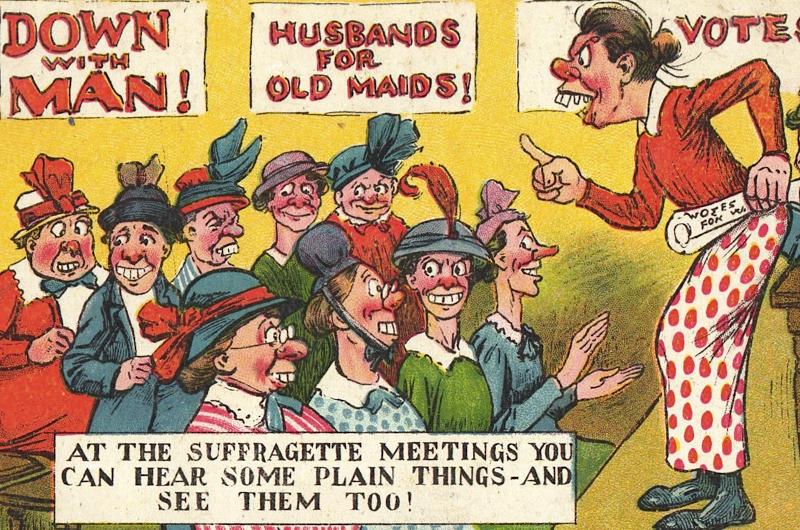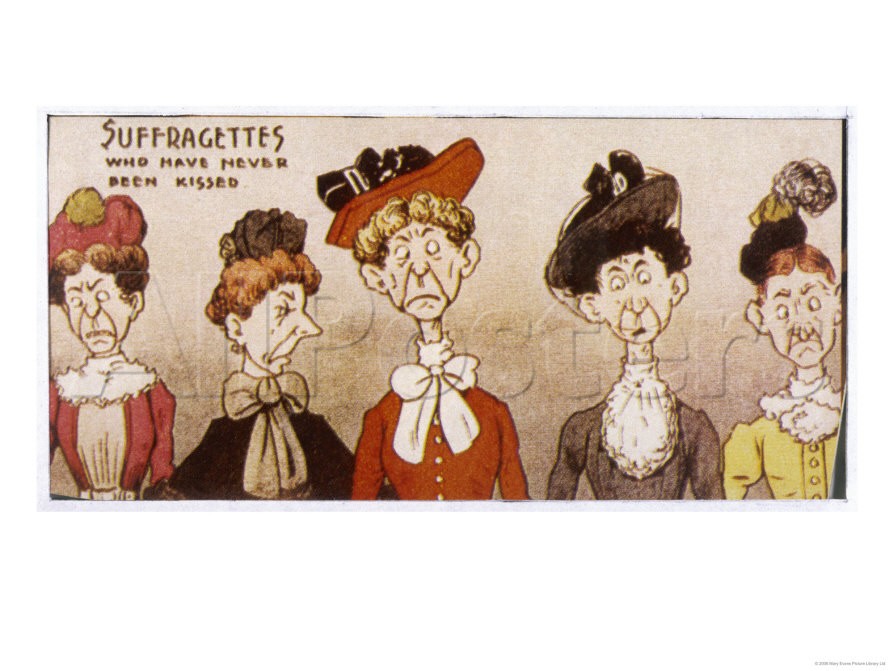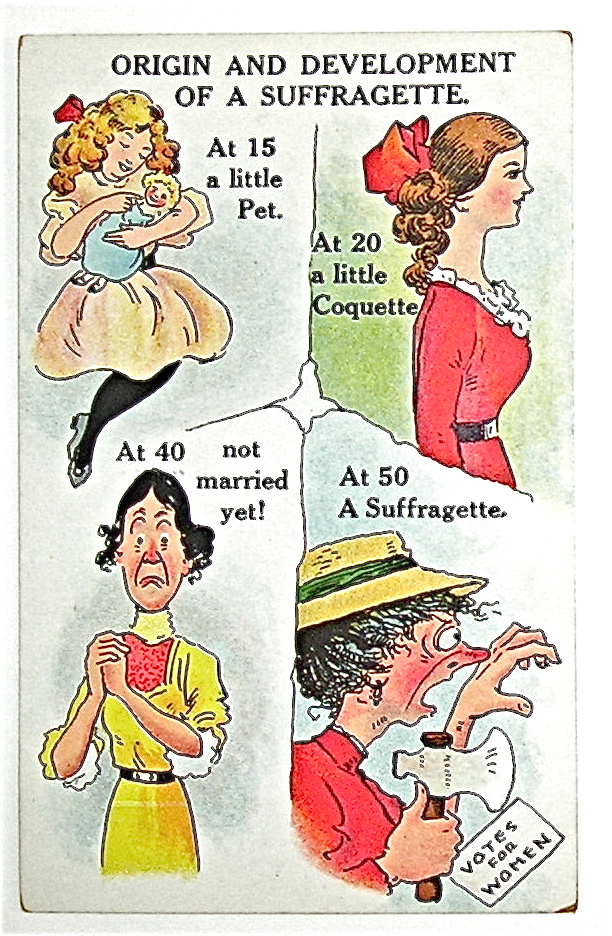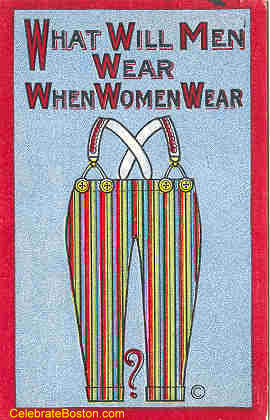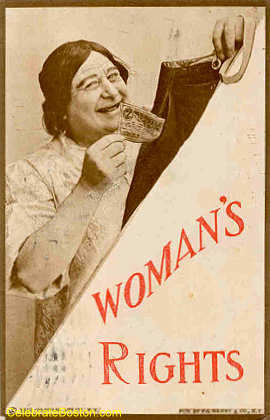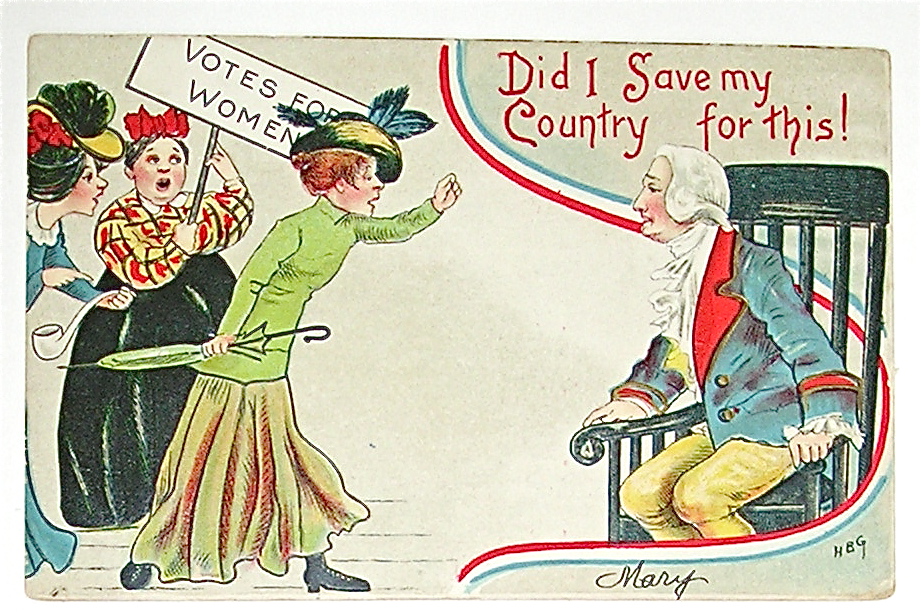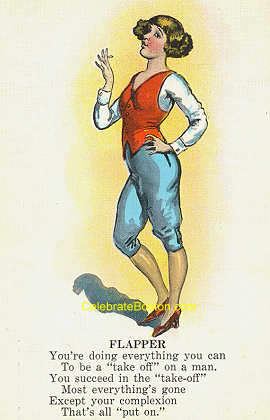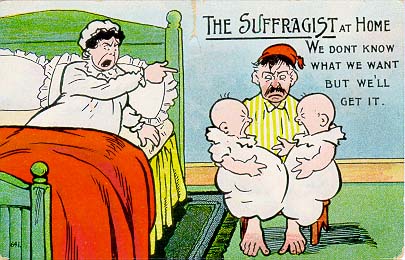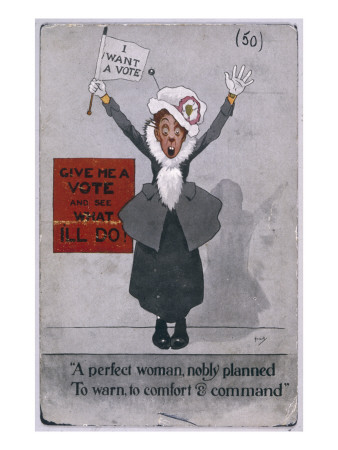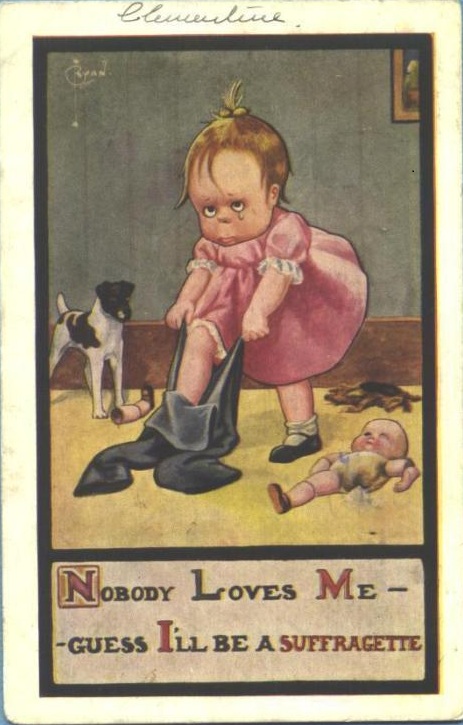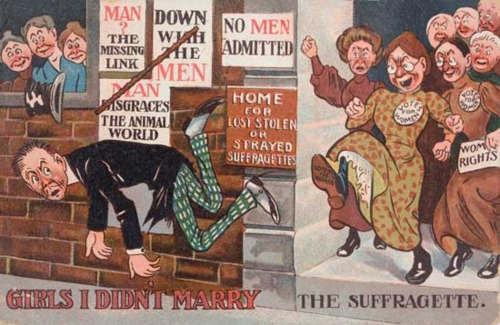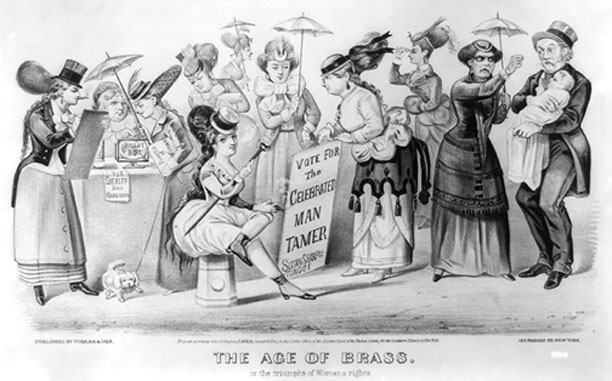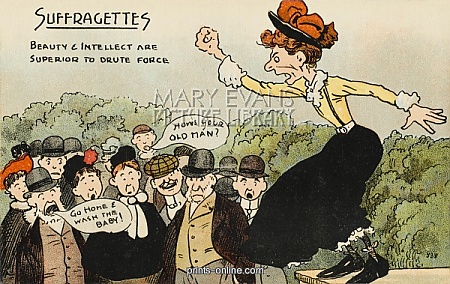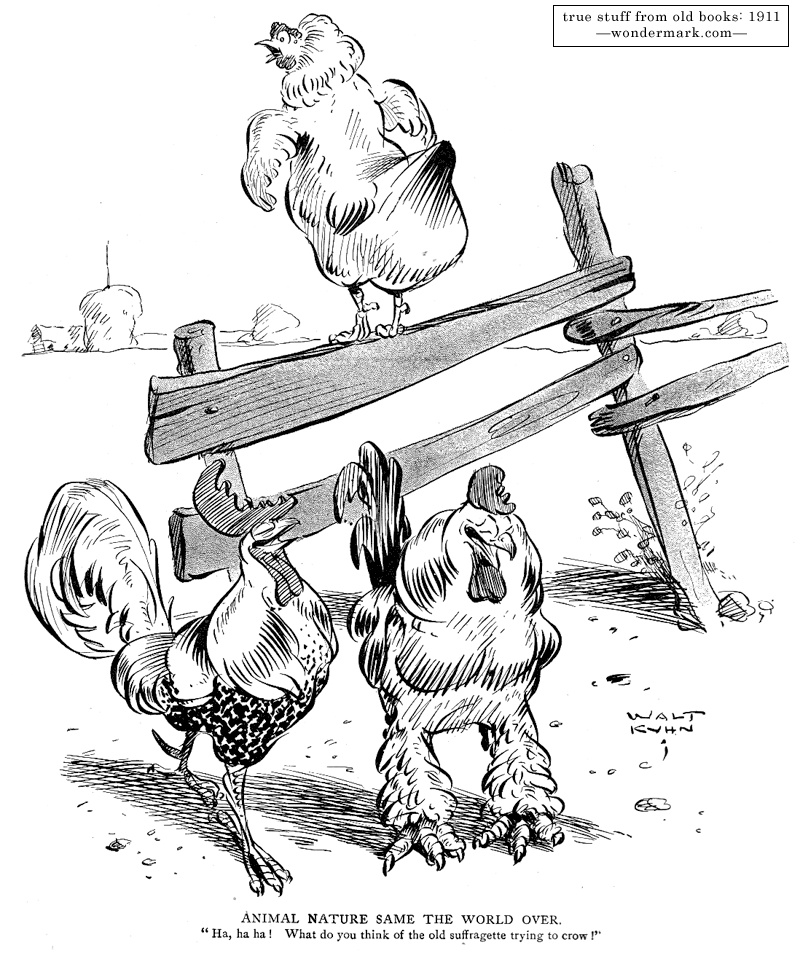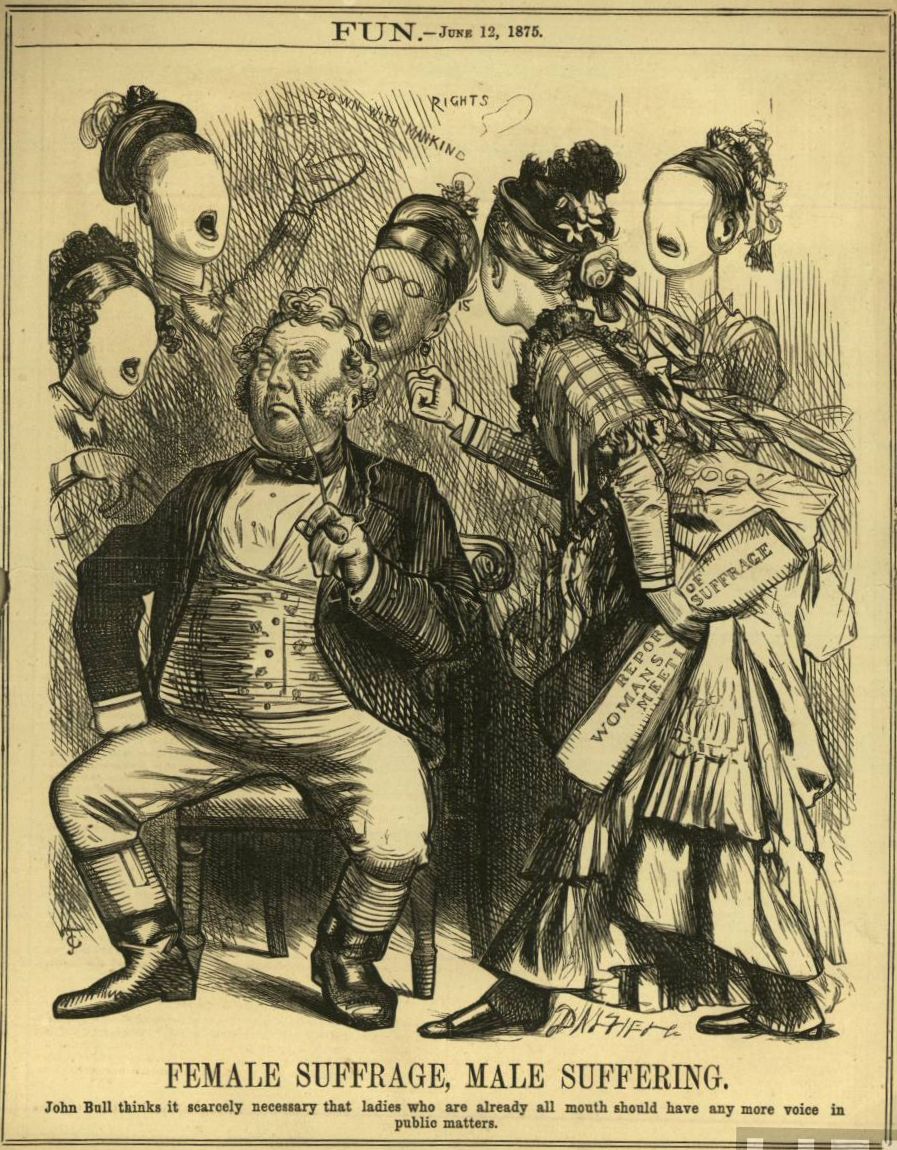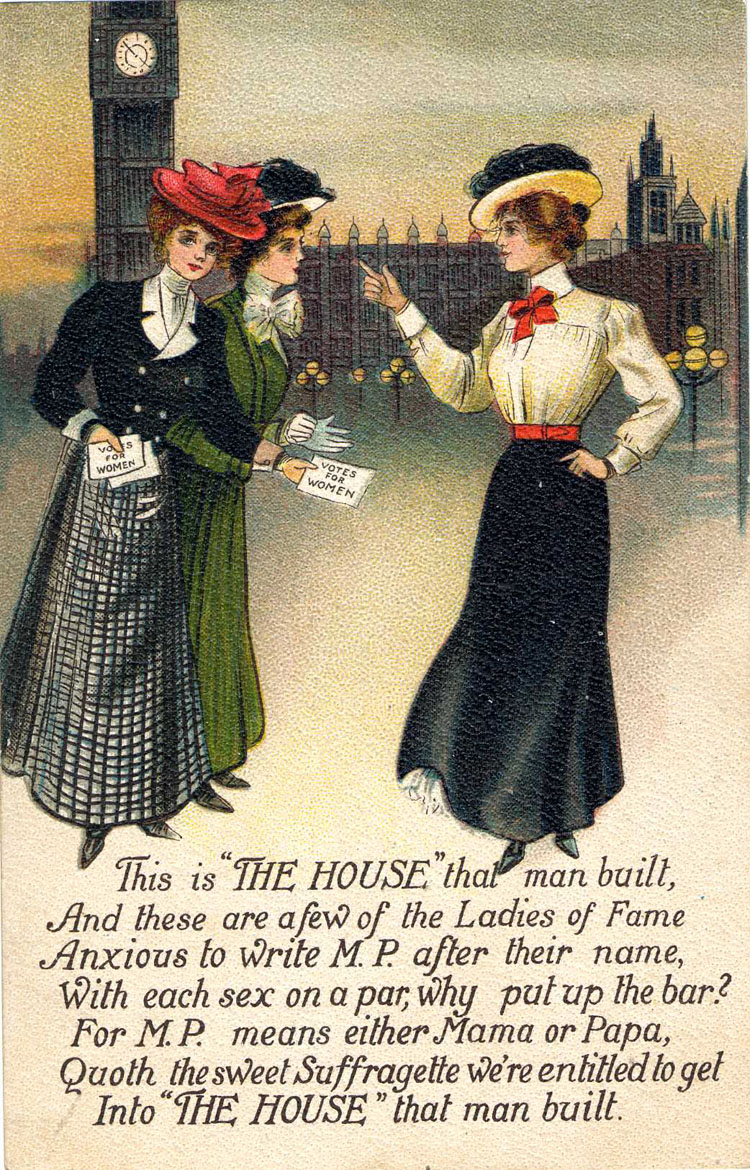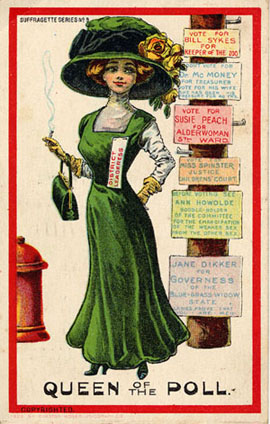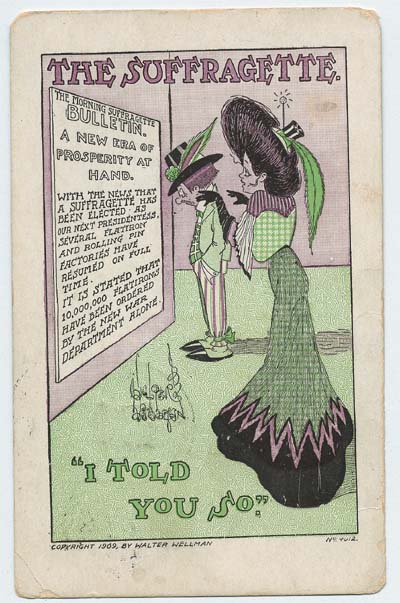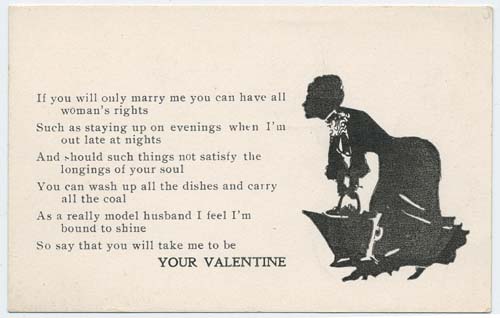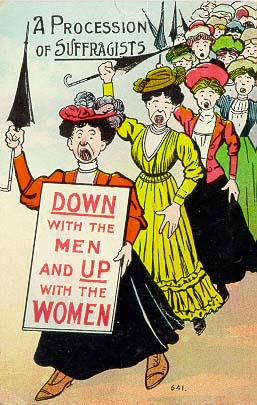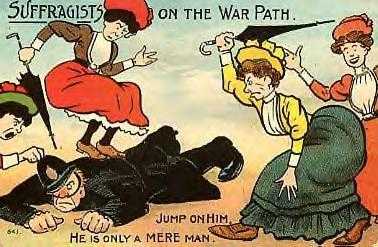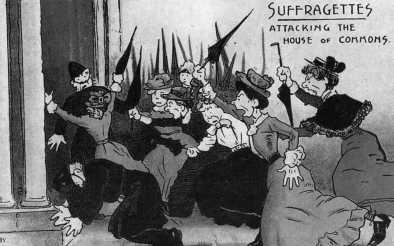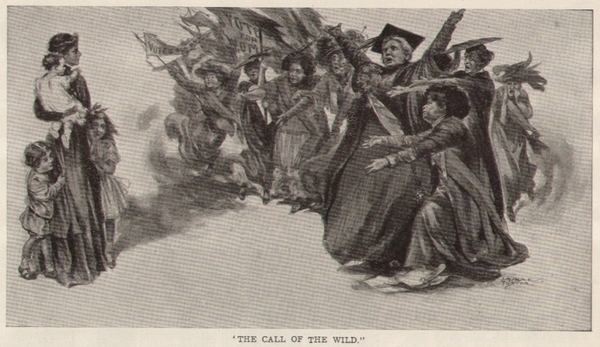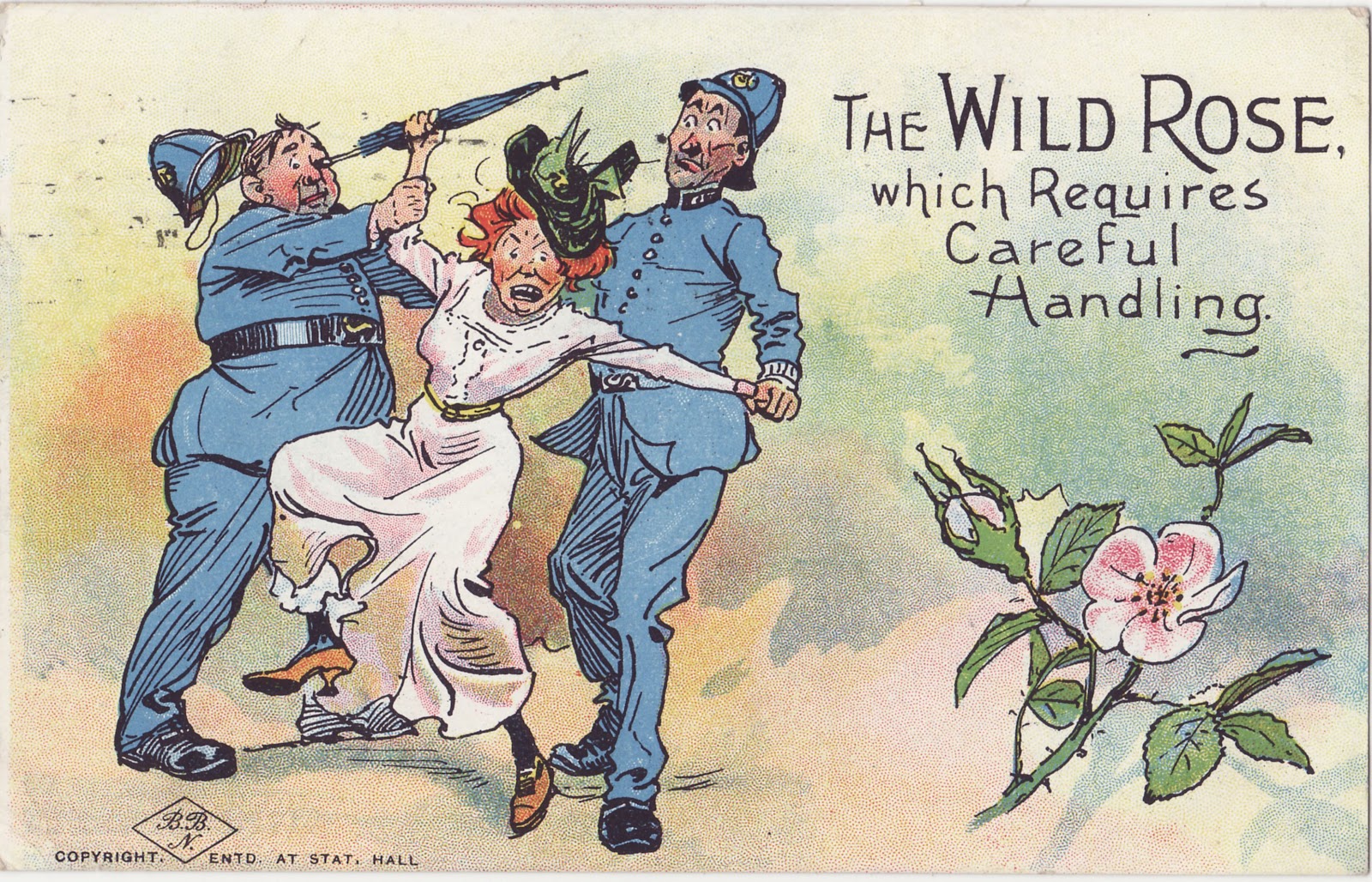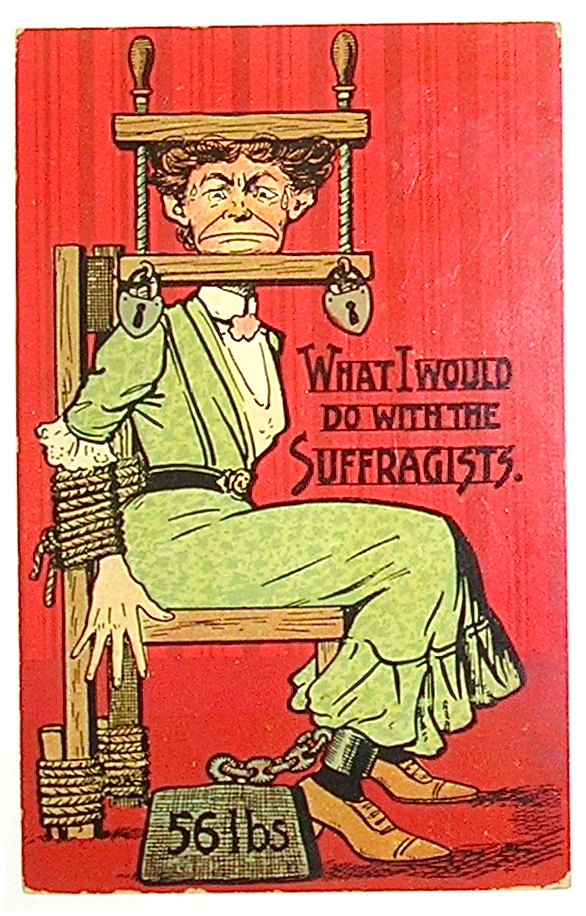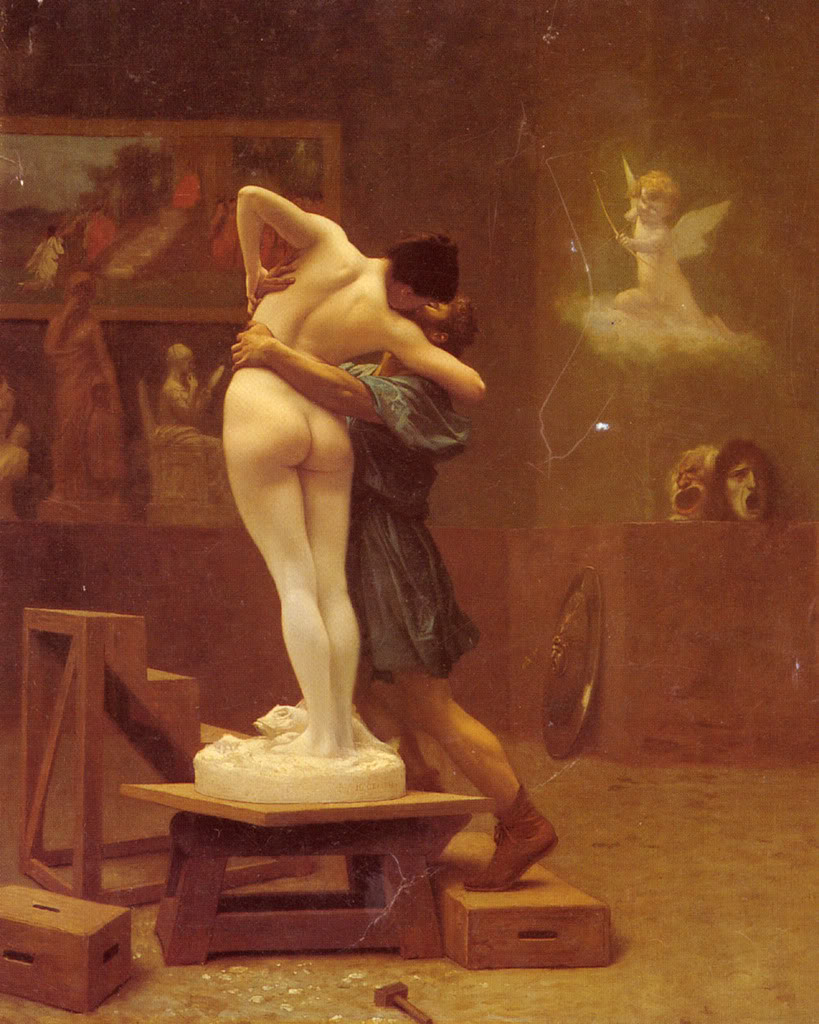Excerpt from ‘Some Bourgeois Idols’ (1886) – Ernest Belfort Bax
Let us take another idol. This time we tread on sacred ground indeed – equality between the sexes. Well may the iconoclastic hand tremble before levelling a blow at this new Serapis. Nevertheless here also – as the phrase is understood by the ordinary modern woman’s rights advocate – we are bound to recognise a vampire. In earlier stages of social development, woman was placed in a condition of undoubted social inferiority to man. Into the grounds of this inferiority it is unnecessary here to enter. Suffice it to say it existed, and that against the state of things it implied the cry of “equality between the sexes” was raised, at first in a veiled, and afterwards in an open manner. For some time it represented a real tendency towards equality by the removal of certain undoubted grievances. But for some time past the tendency of the bourgeois world, as expressed in its legislation and sentiment, has been towards a factitious exaltation of the woman at the expense of the man – in other words, the cry for “equality between the sexes” has in the course of its realisation become a sham, masking a de facto inequality. The inequality in question presses as usual, heaviest on working-man, whose wife, to all intents and purposes has him completely in her power. If dissolute or drunken, she can sell up his goods or break up his home at pleasure, and still compel him to keep her and live with her to her life’s end. There is no law to protect him. On the other hand, let him but raise a finger in a moment of exasperation against this precious representative of the sacred principle of “womanhood,” and straightway he is consigned to the treadmill for his six months amid the jubilation of the D.T. and its kindred, who pronounce him a brute and sing paeans over the power of the “law” to protect the innocent and helpless female. Thus does bourgeois society offer sacrifice to the idol “equality between the sexes.” For the law jealously guards, the earnings or property of the wife from possible spoliation. She on any colourable pretext can obtain magisterial separation and “protection.”
Again, we have the same principle illustrated in the truly bestial outcry raised every now and again by certain persons for the infliction of the punishment of flogging on men, for particular offences, notably “assaults on women and children.” As a matter of fact, in the worst cases of cruelty to children, women are the criminals. Some few months back there was a horrible instance in which a little girl was done to death by a stepmother in circumstances of the most loathsome barbarity: yet these horror-stricken advocates of the lash never venture to support flogging as a wholesome corrective to viragos of this description. It would be opposed to middle-class sentiment, which would regard such a proposition as blasphemy against the sacred principle of “femality.” No other explanation is possible, since it can hardly be assumed that even the bourgeois mind is incapable of grasping the obvious fact that a man pinioned and in the hands of half a dozen prison-warders, is in precisely as helpless a condition as any woman in a like cage, and that, therefore, the brutality or cowardice of the proceeding is no greater in the one case than in the other. The bourgeois conception of “equality between the sexes” is aptly embodied in that infamous clause of the “Criminal Law Amendment Act,” which provides that in case of illicit intercourse, between a boy and girl under sixteen years of age, though the girl escapes scot free, the boy is liable, to five years imprisonment in a reformatory.
Even the great Radical nostrum which is supposed to involve the quintessence of political equality, is, when closely viewed, the hollowest of shams. The revolutionary socialist perhaps does not much concern himself about questions of the suffrage, esteeming but lightly the privilege of electing men to help to carry on the present system of society, which he believes destined to perish before long. But looked at from the ordinary point of view, it is quite clear that considering the fact that the female population of England is in excess of the male by about a million, female suffrage, in spite of its apparent embodiment of the principle of equality, really means, if it means anything at all (which may be doubtful) the handing over of the complete control of the state to one sex. These are only a few of the illustrations which might be multiplied almost indefinitely, of the truth that the tendency of the modern middle-class world, is, while proclaiming the principle of “equality between the sexes” in opposition to the feudal subjection of woman, to erect, the female sex into a quasi-privileged class. The real equality between the sexes aimed at by socialism is as, I take it, much opposed to this Brummagem sentiment and sham equality, as it is to the female slavery of ancient times of which, of course, we do not wish to deny that survivals remain even at the present day. With the economic emancipation of woman and the gradual transformation of the state-system of to-day into an international league free communes, the feudal subjection of women to man and the middle-class subjection of man to woman will be alike at an end.
